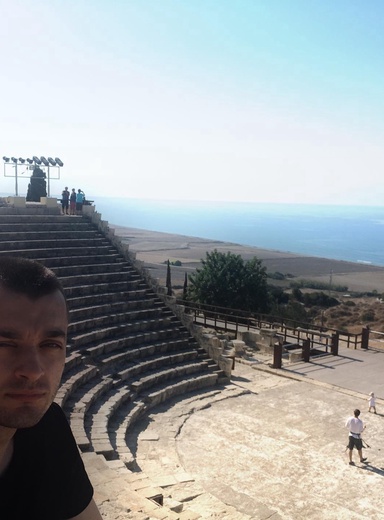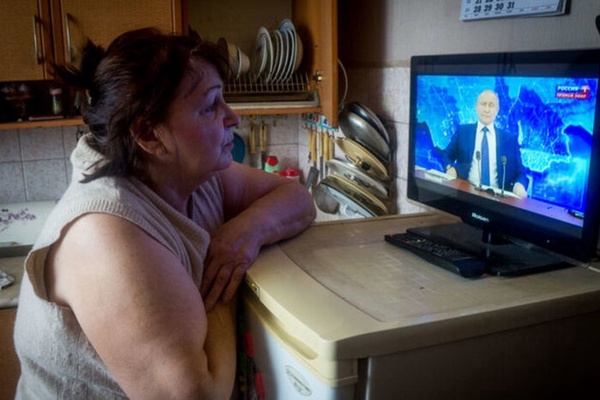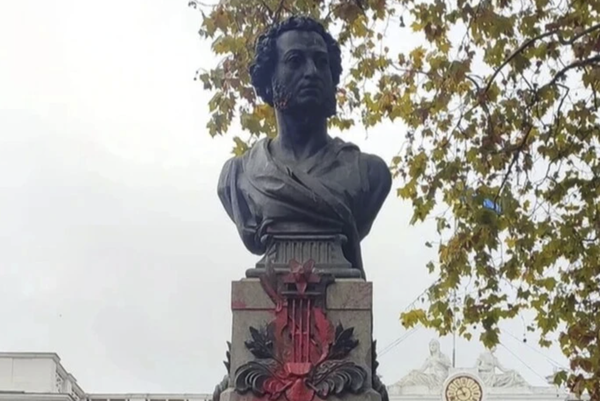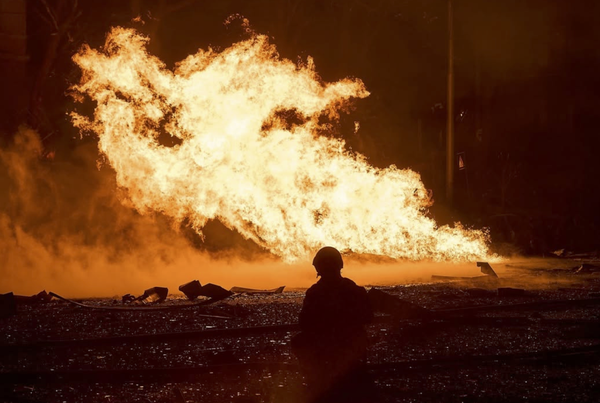“Blue zones”: the secret to longevity or a statistical error?
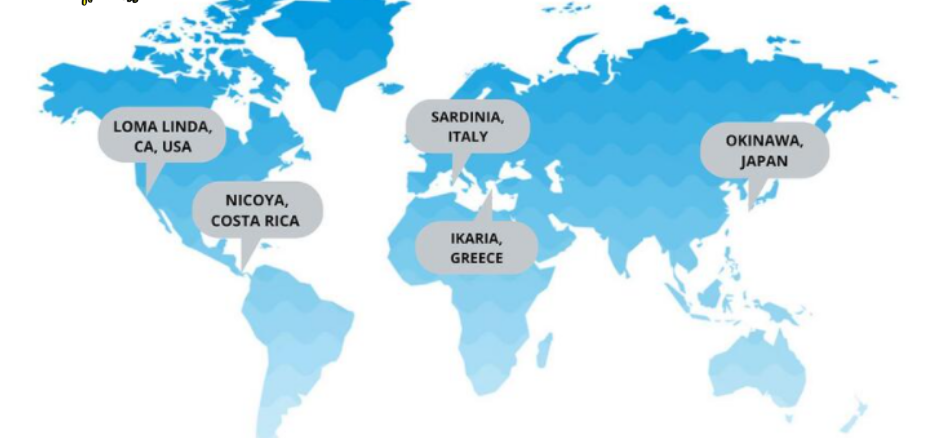
Books dedicated to these blue zones, academic institutions established to study this phenomenon, substantial funds allocated to research, and even herbal tea manufacturers referencing them on their packaging illustrate the widespread interest in this concept.
In September of this year, NETFLIX released a mini-series titled “Life to 100: Secrets of the Blue Zones.” The series invites viewers to enjoy a global journey with Dan Buttner and explore five unique communities whose inhabitants surprise with their longevity and fulfilling lives.
However, the famed “blue zones” lack a solid scientific foundation and might be nothing more than a common misconception.
Five regions of the world are commonly identified as “blue zones”: Okinawa Prefecture, Japan; Oglastra Province, Sardinia, Italy; Nicoya Peninsula, Costa Rica; Ikaria Island, Greece; and Loma Linda, California.
It is argued that these zones share several common features, including a significant proportion of long-lived residents (aged over 100), adherence to a healthy diet (the Mediterranean diet), minimal stress, engagement in various spiritual practices, active homemaking, and strong social connections.
“Blue zones”: the secret to longevity or a statistical error? |
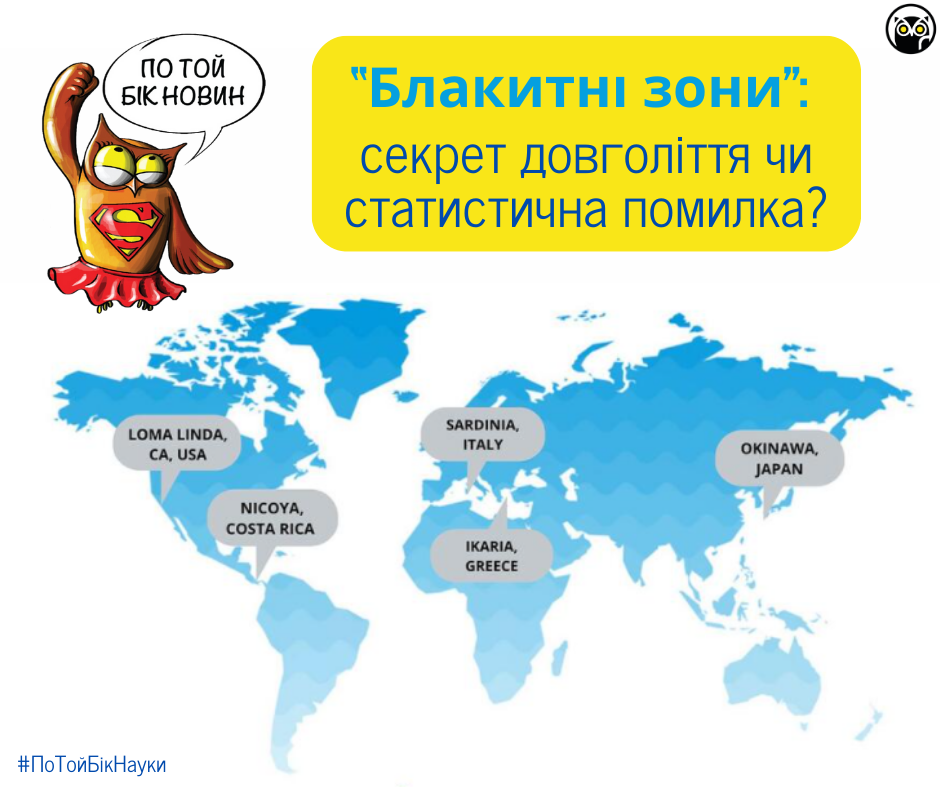 |
The role of diet and eating habits in the longevity of “blue zones” residents is a widely discussed topic. However, is the longevity in these regions a genuine phenomenon or a mere statistical anomaly?
People began discussing the concept of “blue zones” only in the early 21st century, indicating that individuals aged over 100 years in these zones had to be born in the early 20th century. In a 2020 study [1], data analyst Saul Newman [2] challenges the existence of blue zones. Using the United States as an example, he illustrates that the introduction of state birth registration systems in the 19th century led to an 80% reduction in the number of super-centenarians (individuals aged over 110 years).
Data from the Gerontological Research Group (GRG) reveals that the likelihood of a U.S. super-centenarian being born on the first day of the month increases by 142%. Interestingly, they also tend to favor birthdates that are multiples of five, which doesn’t align with random chance - suggesting that people deliberately choose their own birthdate.
The author points out that in many regions where long-lived persons resided, reliable birth records were often absent. In some areas, relatives recorded birthdates by hand.
In Okinawa, for instance, during World War II, birth records were destroyed, and dates had to be reconstructed from memory. Given the island’s economic hardships and destruction, some locals may have added extra years to their ages, potentially to qualify for a pension at an earlier age.
In 2010, the Japanese government discovered that they couldn’t locate over 230,000 people aged over 100 [3]. The case of Sogen Kato, who was considered the oldest man in Tokyo at 111, raises doubts as his corpse was found in his apartment, where he had been dead for 32 years. His relatives faced arrest on suspicion of fraudulently receiving “longevity” pension benefits [4].
In 1997, Italy discovered that 30,000 pensions were being paid to deceased individuals. Likewise, in 2012, Greece reported that 72% of centenarians were marked as “lost” somewhere, when in reality, they were no longer alive, yet still receiving pensions. Clearly, errors and fraudulent activities play an important role in the stories surrounding centenarians.
Newman argues that certain “blue zones” (such as Sardinia, Okinawa, and Ikaria) exhibit common traits like poverty, low incomes, illiteracy, crime, and high smoking rates. It may appear strange to associate these factors with claims of high life expectancy, but the scientist suggests that the lower standard of living can contribute to the increase in date manipulation. This manipulation could serve purposes such as continued pension payments, evading military service, or assuming the identity of an older sibling.
Given the small number of persons over 110 years of age, even a slight degree of date manipulation or false records can create the illusion of the desired “longevity” in a region.
Even if we presume that there are large numbers of centenarians in particular parts of the world, we can’t be sure that their longevity is attributed to diet. In 2021, Harriet Hall [5] wrote about the potential influence of many factors on longevity, including genetics, lifestyle, and the standard of medical care.
Conducting reliable research to identify the exact contributing factors is extremely challenging.
The diets in different blue zones also differ. For instance, the residents of Ikari Island have distinct dietary habits compared to Seventh-day Adventists in Loma Linda, California. Notably, Okinawa has the lowest per capita consumption of fruits, vegetables, and seafood among Japan’s 47 prefectures. On the island of Ikaria, considered a “blue zone,” the smoking rate among the oldest men can reach 99%.
Regardless of the secrets of longevity described in books and films, we should always remain skeptical. The impact of a balanced diet, stress reduction, meditation, and physical activity on longevity remains largely unknown. It’s quite possible that all of these factors contribute to longevity. However, the absence of a reliable system for issuing birth certificates can indeed enable someone to attain the status of a “centenarian” and maintain a youthful appearance beyond their years.
Prepared by Dmytro Filipchuk
References:
- https://www.biorxiv.org/content/10.1101/704080v2.full.pdf
- https://www.demography.ox.ac.uk/people/saul-newman
https://www.bbc.com/news/world-asia-pacific-11258071
https://www.bbc.com/news/world-asia-pacific-10809128
- https://sciencebasedmedicine.org/blue-zones-diet-speculation-based-on-misinformation/


